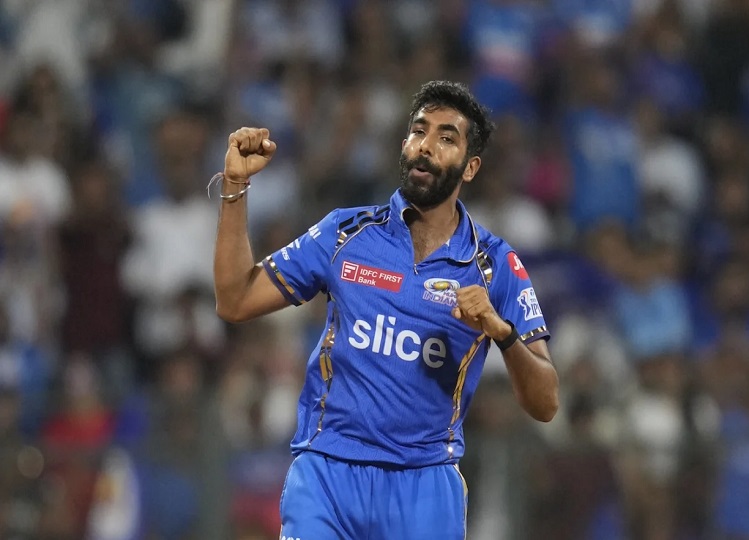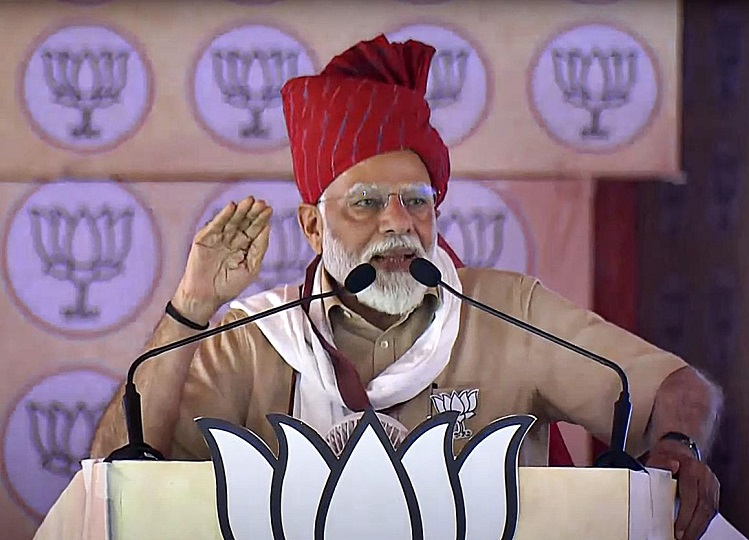
The landmark American movie 12 Angry Men, released in 1957, holds an important lesson for contemporary India.
It is an intense courtroom drama in which the fate of a young man charged with murdering his father depends on the verdict of a 12-member jury. As per the judge’s instructions, if there was any reasonable doubt that the accused may not have committed the crime, the jury must pronounce him not guilty.
There is an air of a foregone conclusion having been reached. At the beginning of the film, 11 of the 12 jury members vote the accused to be guilty. But one juror holds out.
On a sweltering afternoon in a claustrophobic room, juror number eight spiritedly argues for the constitutional rights of the accused, premised on the principles of natural justice that a person is presumed to be innocent unless there is evidence of guilt beyond reasonable doubt.
By the end of the film, this juror has made his case convincingly to the others. The defendant is acquitted.
The film is a remarkable interrogation of prejudices leading to foregone conclusions and incorrect decisions. It is also a celebration of constructive deliberation being the touchstone of democracy and justice that can prevent deaths borne of haste and hubris.



